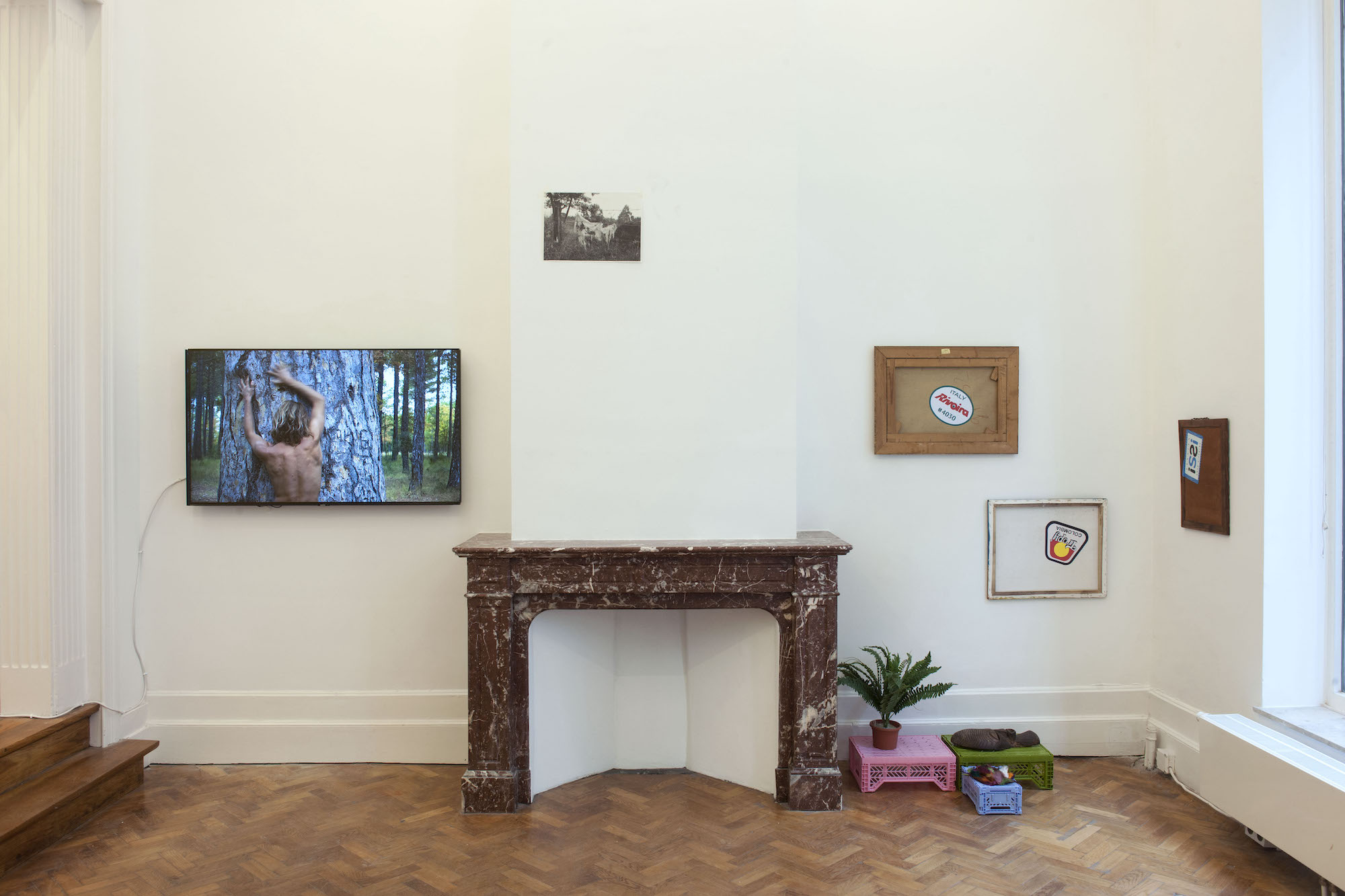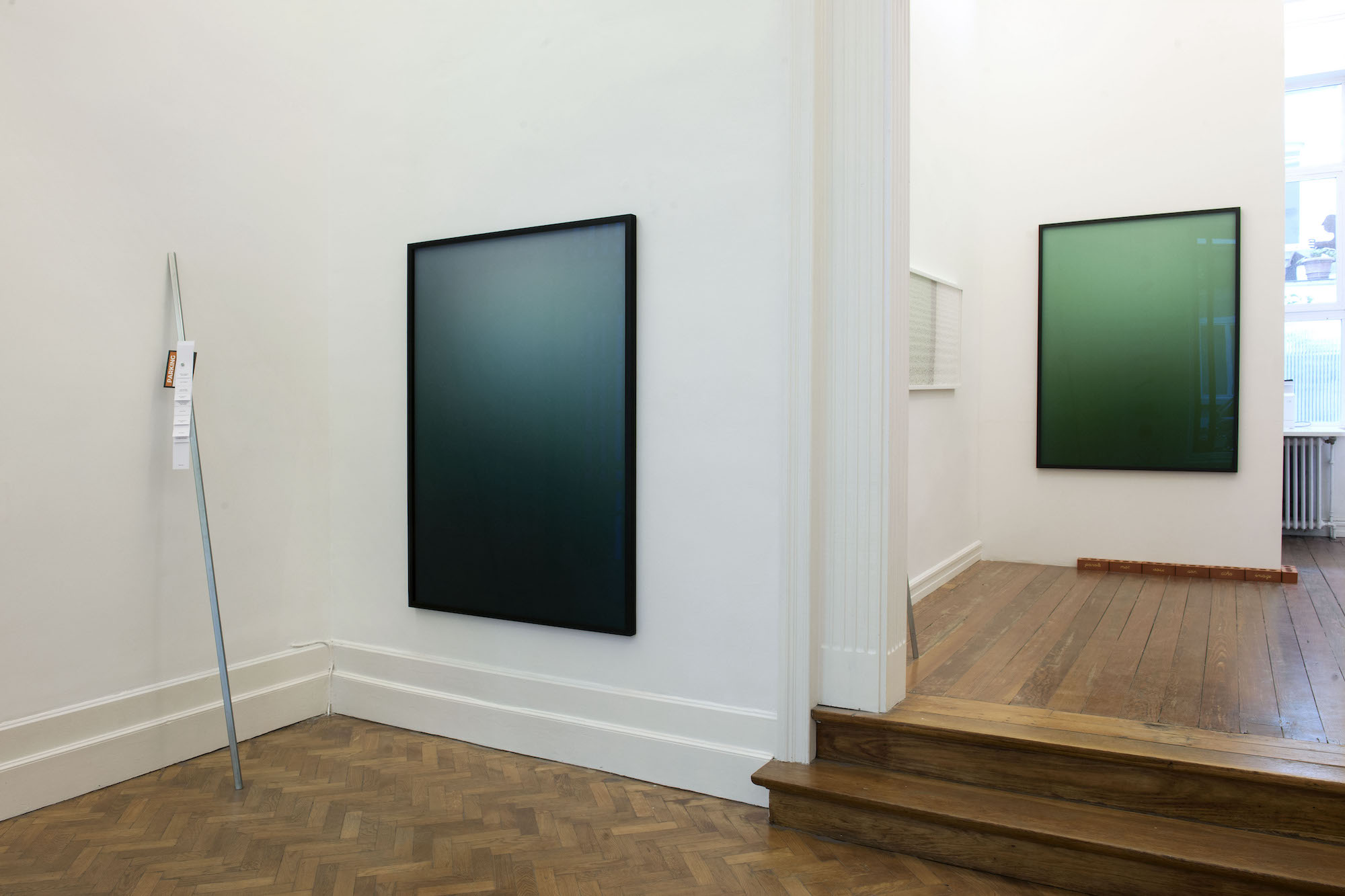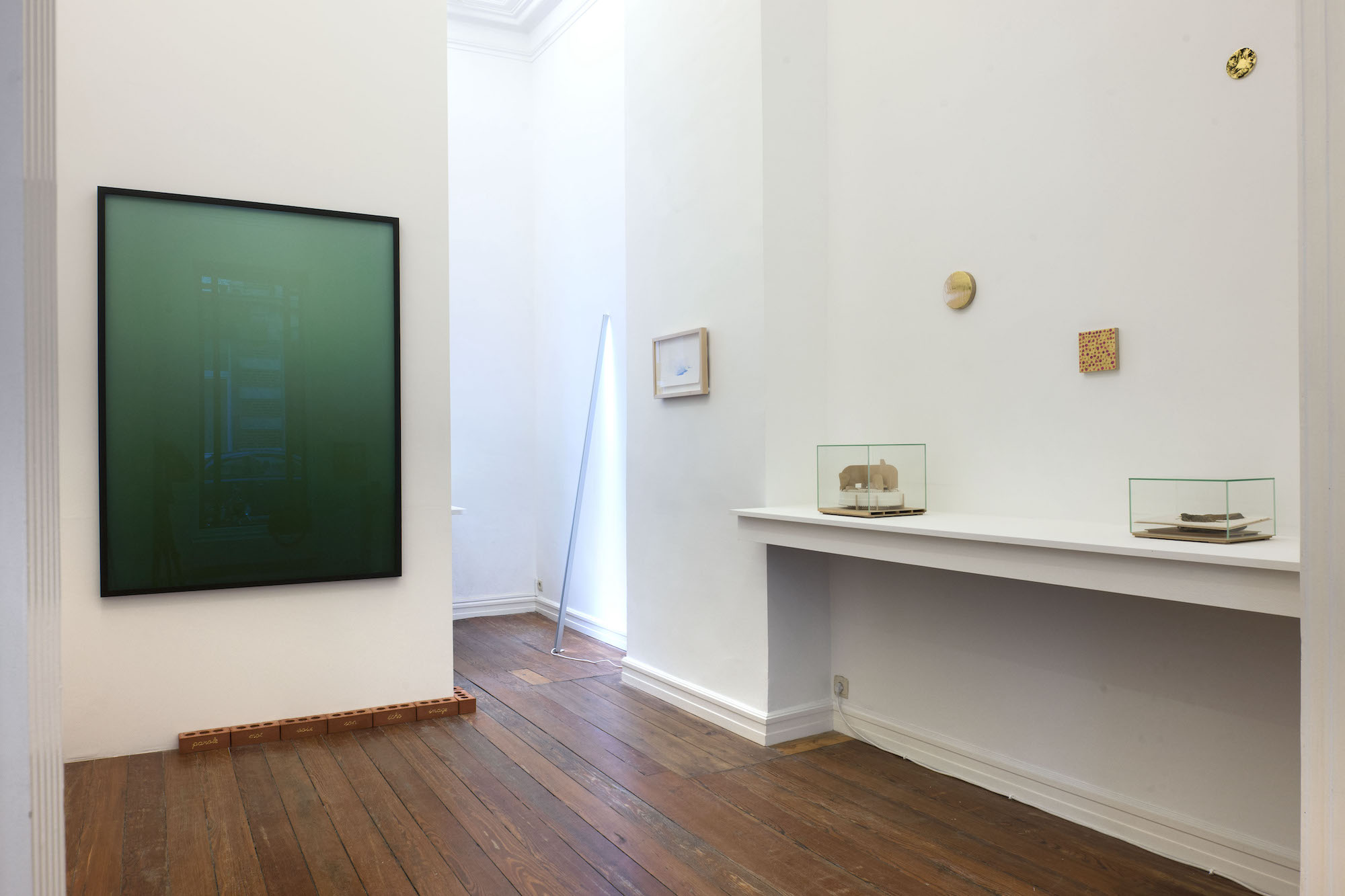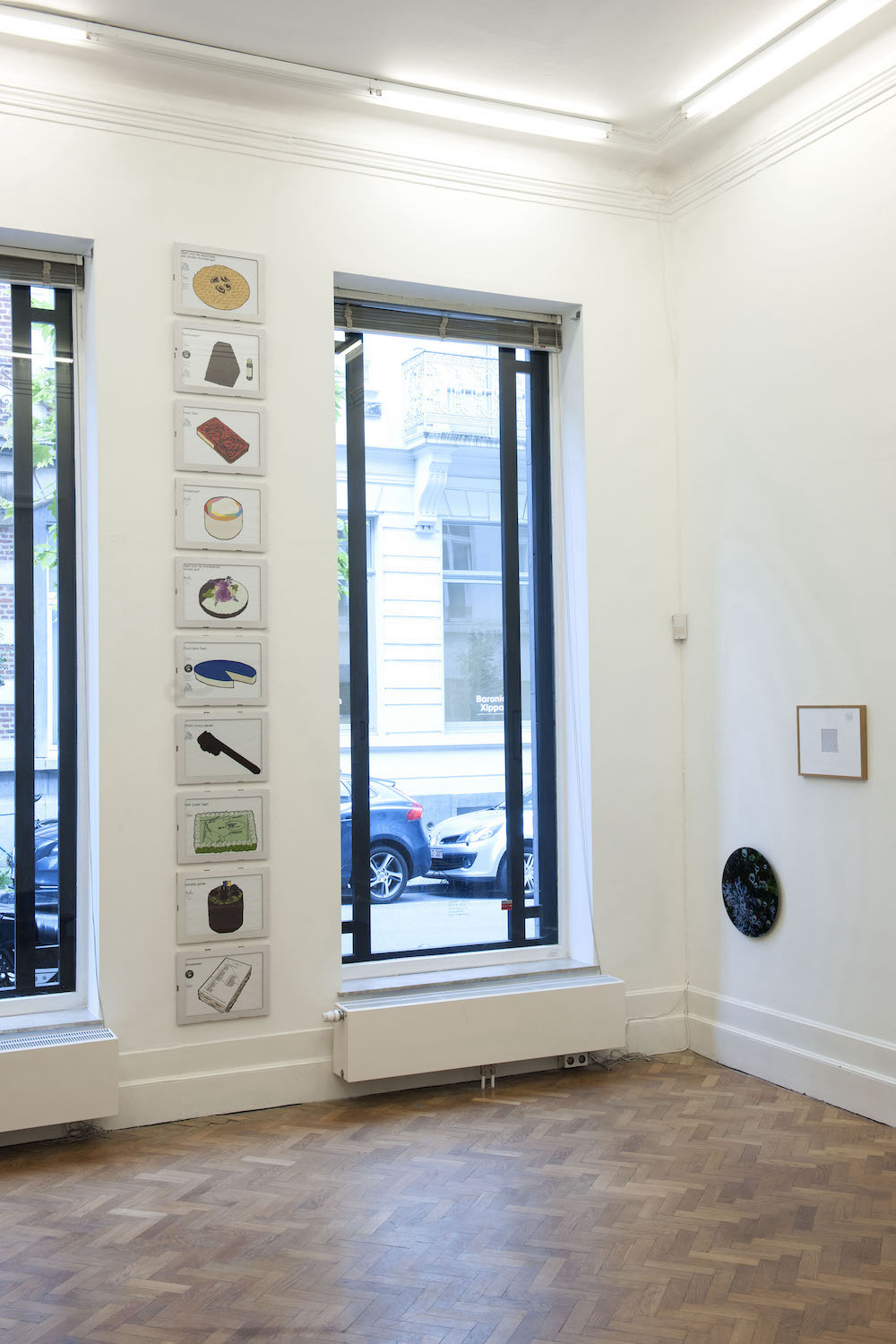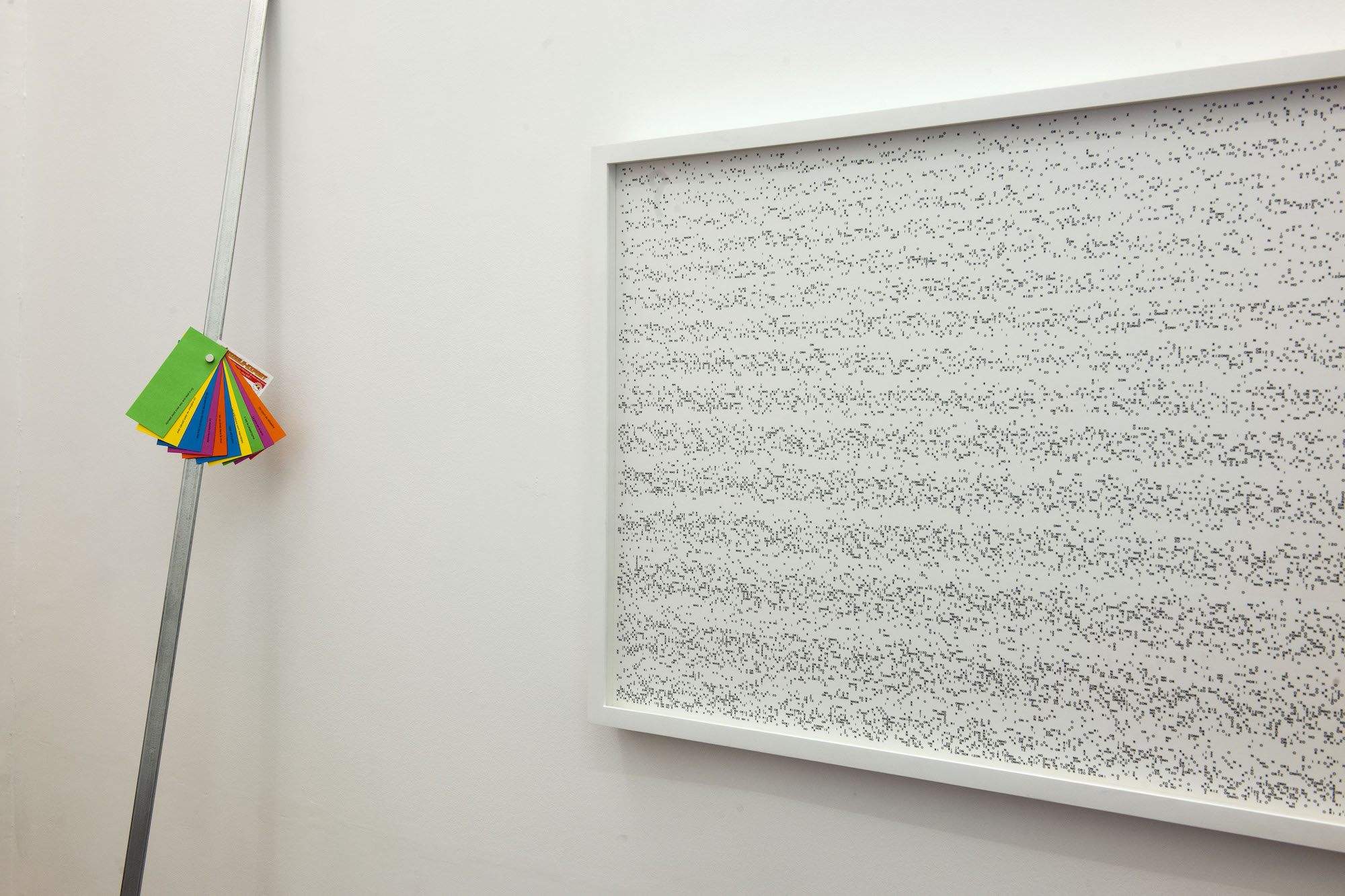July 2 - August 28, 2021
Agents of Change
Agents of change in social sciences are defined as individuals who promote and enable change to happen within a group or organization. Some natural and artificial agents that contribute to climate change and to local or global, pervasive phenomena can be identified with the same phrase. People working with a bottom-up approach to encourage systemic change through actionable, tangible improvements to these polluting situations are also agents of change. This exhibition attempts to identify and display a number of manifestations of apparently insignificant elements, actions, factors, and individuals that have led or could lead to exponentially greater effects. The artworks can then tackle social issues, environmental challenges, or even very personal inner realities.
LMNO itself is a relatively smaller gallery, but potentially an incredible force for change thanks to the people who populate it. All the featured artists manifest the concept of change, are pushed by these motivations or are preoccupied with these issues, revealing them through a variety of interpretations.
Language and its potentiality are the motors for societal development in the artworks Agents of Changeof VOID and Detanico/Lain. Denicolai & Provoost and Rémy Hans deconstruct urban landscapes displaying their implied and explicit structures. Molecules whirl freely causing unknown effects and the smallest beings thrive and recover damaged ecosystems under the attention of Pep Vidal and Maria Friberg. Nicolas Floc'h and Adrien Lucca operate with complex and sometimes minuscule variations that condensate in a plethora of different hues and intensities of color. Miguel Sbastidaand Aïda Kazarian reveal to us their private and deep connection with the cosmos through pondered gestures. Marcos Avila Forero and Cristina Garrido operate on an international scale to connect modest agents and legitimize them in the face of arbitrary structures of power. Yoann Van Parys and Pierre Gerard favor a diverse multiplicity of voices and perspectives, employing a fecund eccentricity.
